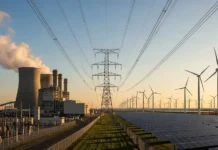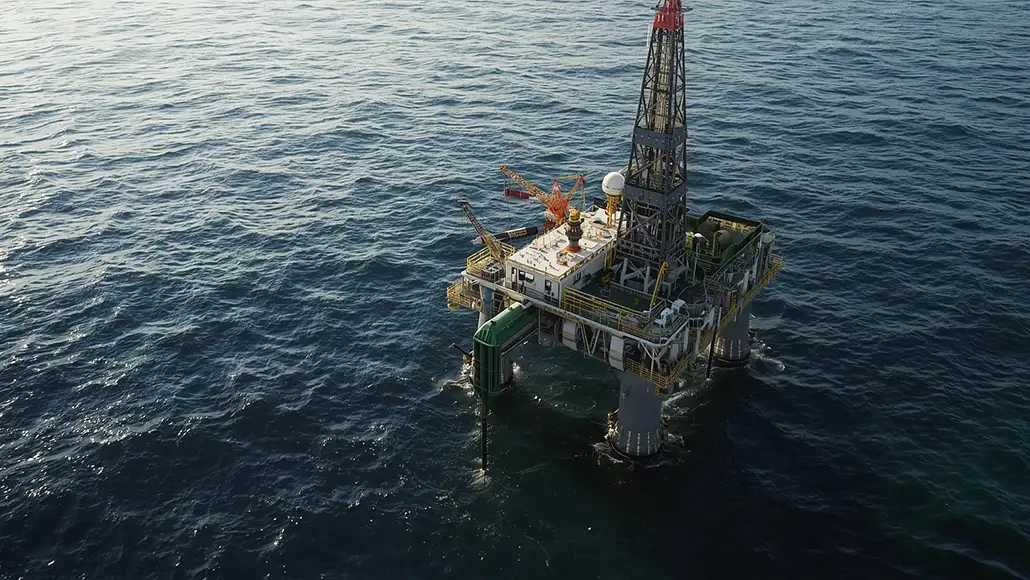Greece has confirmed that it will award four offshore oil and gas exploration blocks to a consortium led by Chevron, marking a key development in the nation’s ongoing efforts to expand its domestic energy exploration. Following a period of evaluation and negotiation, the consortium Chevron Greece Holdings–Helleniq Upstream was chosen as the preferred applicant in the offshore tender launched in April. The Chevron-led bid was the only submission received for the blocks, which are designated as South of Peloponnese, A2, South of Crete I, and South of Crete II.
The next phase will involve finalizing the concession agreements between Chevron and the Greek government. Energy Minister Stavros Papastavrou stated earlier this month that the contracts are expected to be completed by the end of the year, after which they will be submitted for approval by Greece’s Parliament and court of auditors. These approvals must be secured before any seismic surveys can begin. Once the agreements are finalized, the consortium will have up to five years to identify potential hydrocarbon reserves, with any test drilling unlikely to commence before 2030.
Helleniq Energy, which has partnered with Chevron in this venture, had submitted its bid last month for the offshore gas exploration and production of oil and gas in the four designated areas south of the Peloponnese peninsula and south of Crete. The move forms part of Greece’s broader strategy to enhance its domestic energy capacity by expanding renewable projects while also advancing offshore gas exploration in the wake of the 2022 energy crisis and the reduction in Russian pipeline gas supplies to much of the European Union.
Greek officials believe the country’s offshore zones could contain significant natural gas reserves, potentially mirroring discoveries made in the Eastern Mediterranean near Egypt and Israel. In October 2024, Greece said that an ExxonMobil-led consortium had finished the first phase of exploration southwest of Crete and decided to move on to the next stage. This second phase is set to run for three years and will focus on gathering and studying 3D seismic data.










































